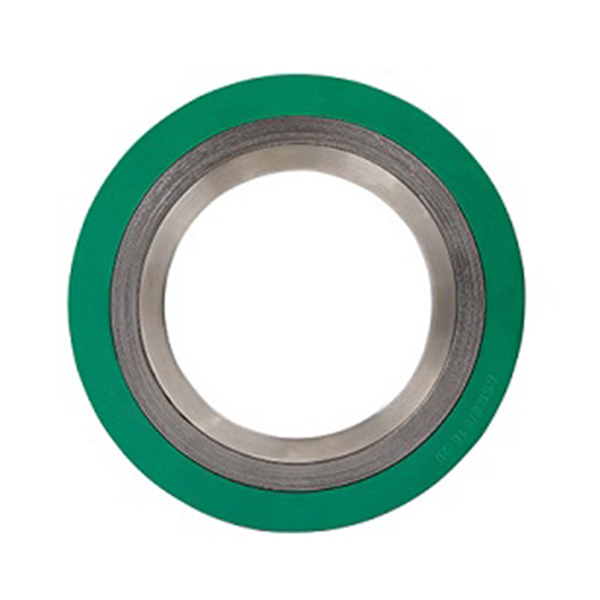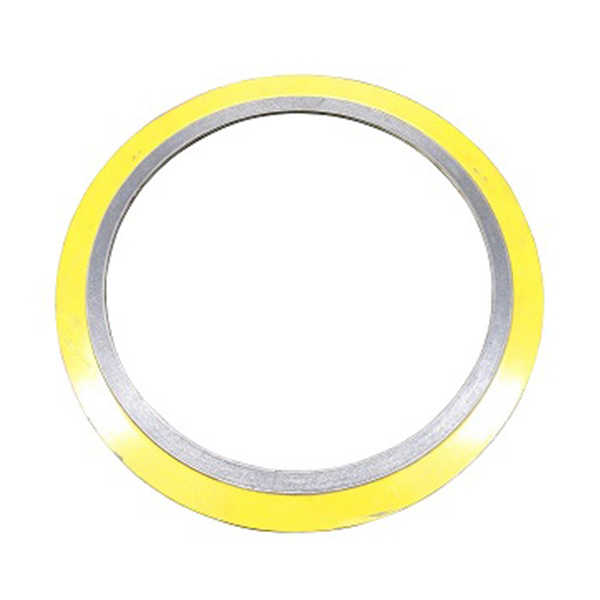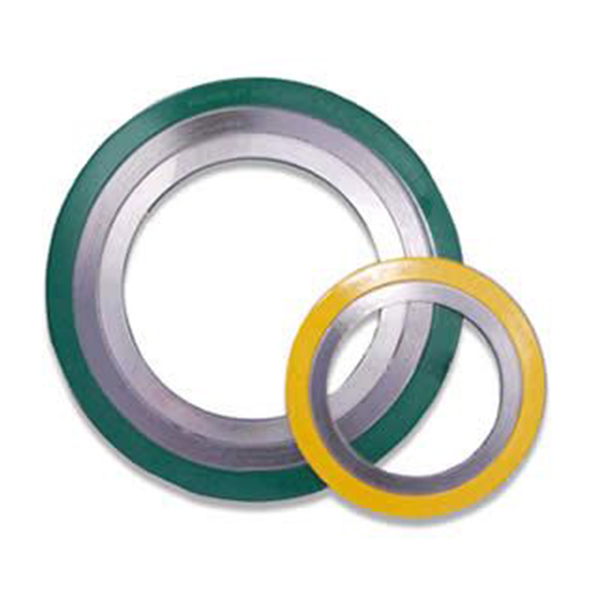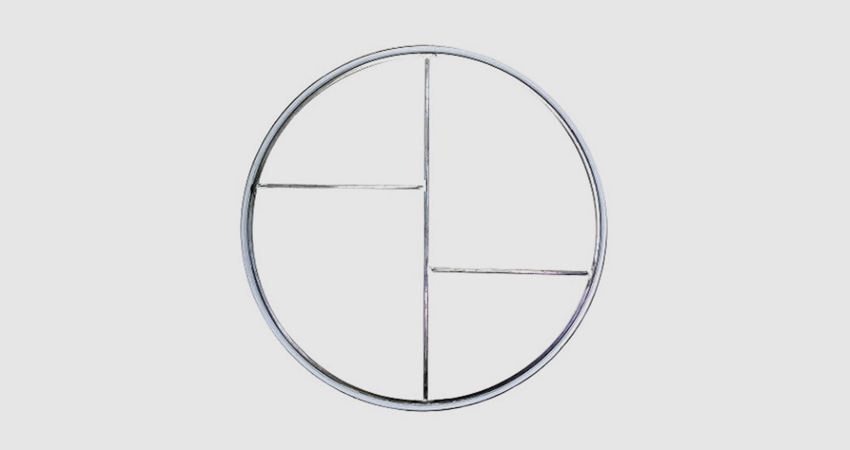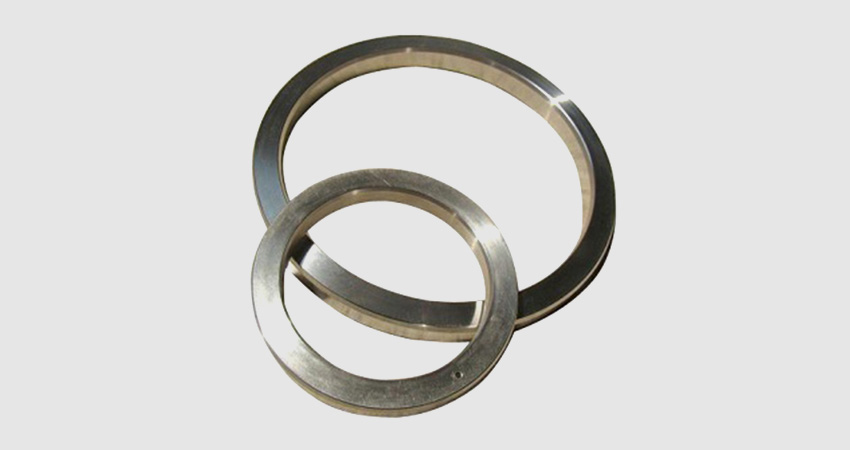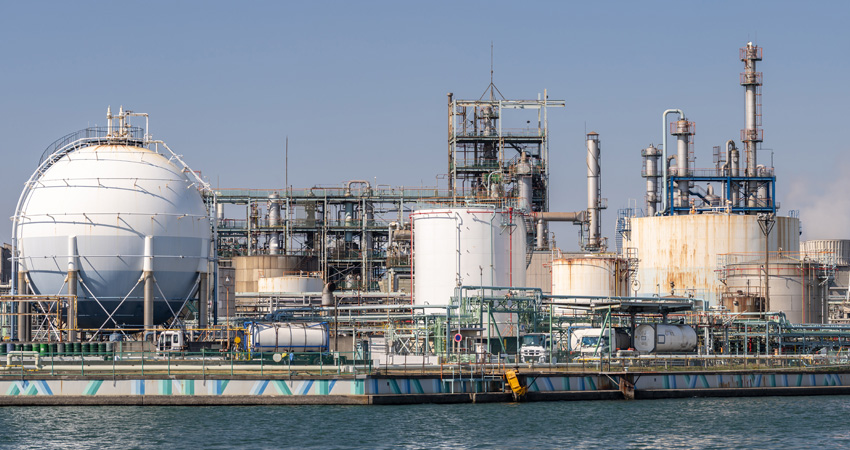PTFE Ball
Unveiling the Superiority of PTFE Balls: A Comprehensive Guide
In the realm of industrial components, PTFE balls stand out as a cornerstone for high-performance applications. Polytetrafluoroethylene, commonly known as PTFE, is a synthetic fluoropolymer celebrated for its exceptional properties, including chemical resistance, low friction, and thermal stability. This article delves deep into the specifics of PTFE balls, offering detailed product parameters, FAQs, and insights to aid in selection and understanding. Whether you're an engineer, purchaser, or enthusiast, this guide provides the essential knowledge needed to leverage PTFE balls effectively in various industries such as automotive, aerospace, pharmaceuticals, and food processing.
Key Product Parameters of PTFE Balls
Understanding the technical specifications of PTFE balls is crucial for optimal performance. Below, we present the parameters in both list and table formats for clarity and ease of reference.
List of Essential Parameters:
- Material: Pure PTFE or filled variants (e.g., glass-filled, carbon-filled) for enhanced properties.
- Diameter Range: Typically available from 1 mm to 50 mm, with custom sizes upon request.
- Hardness: Shore D scale, usually between 50-65, indicating good wear resistance.
- Density: Approximately 2.2 g/cm³ for pure PTFE, which is low compared to metals.
- Temperature Range: Operable from -200°C to +260°C, making them suitable for extreme environments.
- Chemical Resistance: Excellent resistance to most chemicals, acids, and bases.
- Coefficient of Friction: Very low, around 0.05-0.10, ensuring smooth operation.
- Load Capacity: Varies with size and filling; typically up to 10 MPa for standard applications.
- Surface Finish: Can be polished to specific roughness levels, e.g., Ra 0.4 μm for reduced friction.
- Certifications: Compliant with FDA, USDA, and other industry standards for food and medical use.
Table of Detailed Specifications:
| Parameter | Value/Description | Application Note |
|---|---|---|
| Material Composition | 100% PTFE or filled (e.g., 15% glass fiber) | Filled versions offer improved mechanical strength. |
| Diameter Tolerance | ±0.05 mm for sizes up to 10 mm; ±0.1 mm for larger | Critical for precision assemblies. |
| Hardness (Shore D) | 55-60 | Provides a balance of flexibility and durability. |
| Max Operating Temperature | 260°C (500°F) | Ideal for high-heat environments like engines. |
| Chemical Resistance | Resistant to all chemicals except molten alkali metals | Safe for corrosive fluid handling. |
| Coefficient of Friction | 0.05-0.08 (dynamic) | Reduces energy loss in moving parts. |
| Load Capacity (Static) | 5-10 MPa depending on size | Suitable for moderate to high loads. |
| Surface Roughness | Ra ≤ 0.8 μm (customizable) | Enhances sealing and reduces wear. |
| Certifications | FDA 21 CFR 177.1550, USP Class VI | Approved for food contact and medical devices. |
Frequently Asked Questions (FAQ) About PTFE Balls
To address common queries, here is a detailed FAQ section presented in a clear question-and-answer format.
What are the primary advantages of using PTFE balls over metal balls?
PTFE balls offer superior chemical resistance, a lower coefficient of friction, and better performance in extreme temperatures (-200°C to +260°C). They are also non-corrosive and electrically insulating, making them ideal for applications where metal balls might fail due to corrosion or conductivity issues.
Can PTFE balls be used in food processing equipment?
Yes, PTFE balls are FDA-compliant and often used in food processing due to their non-toxic nature, resistance to food acids, and ease of cleaning. They meet standards like FDA 21 CFR 177.1550, ensuring safety in direct food contact applications.
How do I choose the right size and material for my application?
Select the diameter based on your assembly requirements, considering tolerance levels. For high-load applications, opt for filled PTFE (e.g., glass-filled) for added strength. Pure PTFE is best for chemical resistance and low friction. Consult technical datasheets or an engineer for specific needs.
What is the typical lifespan of a PTFE ball in continuous operation?
The lifespan depends on factors like load, speed, and environment. Under normal conditions, PTFE balls can last for years due to their wear resistance. For example, in valve applications, they might operate for over 1 million cycles without significant degradation.
Are PTFE balls suitable for high-pressure environments?
Yes, but with limitations. While PTFE has good load capacity (up to 10 MPa), it may deform under very high pressures compared to metals. For ultra-high pressure, consider reinforced PTFE or composite materials, and always check the manufacturer's pressure ratings.
How should PTFE balls be stored and handled to maintain quality?
Store PTFE balls in a cool, dry place away from direct sunlight and chemicals. Avoid mechanical damage during handling. They do not require special conditions but should be kept clean to prevent contamination, especially in sanitary applications.
Can PTFE balls be customized for specific applications?
Absolutely. Manufacturers often offer customization in terms of size, fillers (e.g., carbon, graphite), color, and surface finish. Provide detailed specifications for tailored solutions, such as special tolerances for precision instruments.
What are the common failures associated with PTFE balls?
Failures are rare but can include cold flow under constant load, thermal expansion at high temperatures, or chemical attack from certain substances like fluorine. Regular inspection and proper selection based on application parameters can mitigate these issues.
How do PTFE balls perform in vacuum environments?
PTFE balls perform well in vacuum due to low outgassing properties. They are used in aerospace and semiconductor industries where minimal contamination is critical. Ensure the material grade meets outgassing standards like ASTM E595.
Are there any environmental concerns with using PTFE balls?
PTFE is inert and does not leach harmful substances, but production involves fluoropolymers, which can have environmental impacts if not managed. Recycling options are limited; however, PTFE's longevity reduces waste. Always source from reputable suppliers adhering to environmental regulations.
Applications and Industry Use Cases
PTFE balls are versatile components employed across numerous sectors. In the automotive industry, they serve in fuel systems and transmissions due to their chemical resistance and low friction. Aerospace applications leverage their thermal stability and light weight for actuators and valves. In pharmaceuticals, PTFE balls ensure contamination-free processing in mixing equipment. The food industry utilizes them in pumps and valves for hygienic operations. Additionally, they are found in electrical insulators, laboratory equipment, and even consumer products like non-stick cookware mechanisms. Each application benefits from the unique properties of PTFE, such as its ability to reduce maintenance and enhance efficiency. When selecting PTFE balls, consider the specific demands of your industry, such as regulatory compliance for medical devices or high-temperature tolerance for industrial machinery. Always refer to the detailed parameters provided earlier to ensure compatibility and performance.


